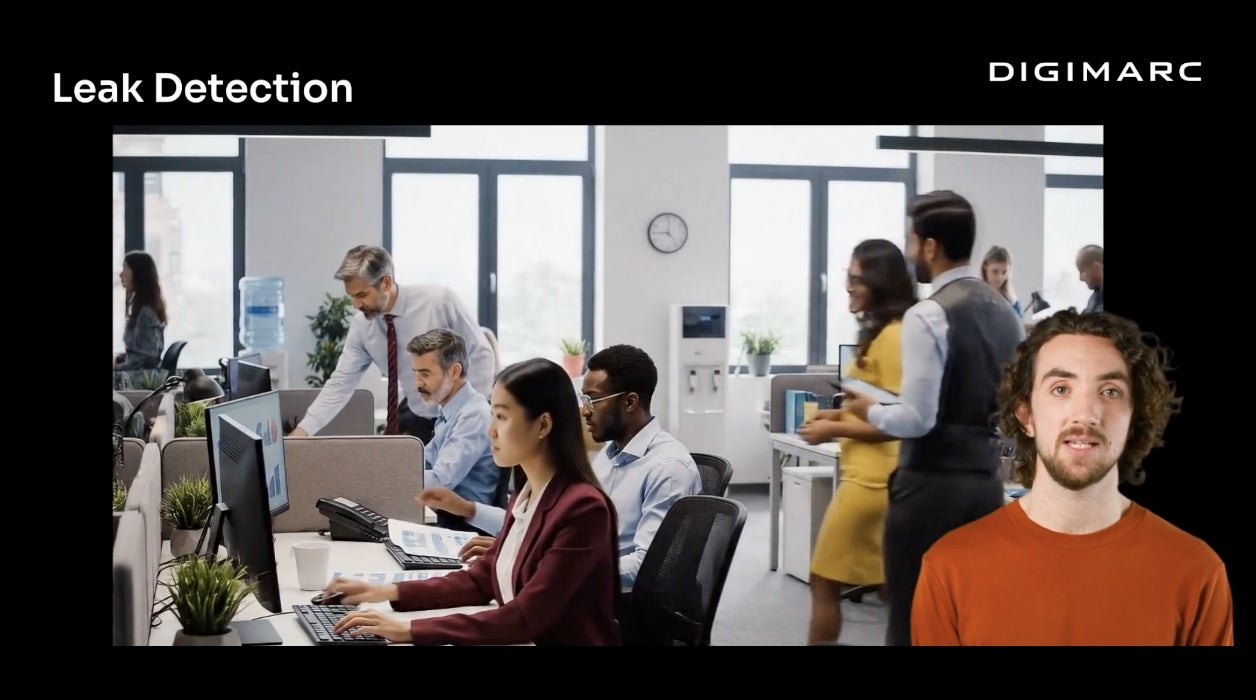The work of creating a circular economy for plastics is well underway, and it received an added boost recently with the Ellen MacArthur Foundation and the U.S. Plastics Pact releasing a critical roadmap and position paper, respectively. The U.S. Plastics Pact released its “Roadmap to 2025,” while the Ellen MacArthur Foundation issued its Extended Producer Responsibility (EPR) statement and position paper for packaging.
Digimarc is a signatory to the U.S. Plastics Pact as well as an active participant in two working groups. In addition, Digimarc is a signatory to the Ellen MacArthur Foundation’s New Plastics Economy Global Commitment, as well as an endorsee of the new EPR statement.
Roadmap to Circularity
The “Roadmap to 2025,” a high-level project plan for how the U.S. Plastics Pact and its signatories, known as “activators,” can achieve four key goals by 2025 in support of a future circular economy. Digimarc has played an ongoing role in the formation of the Roadmap, which is designed to ignite change and accelerate progress across the entire plastics value chain to address plastic waste at its source.
The four goals are:
EPR for Packaging
An Extended Producer Responsibility, according to the OECD, “is a policy approach under which producers are given a significant responsibility – financial and/or physical – for the treatment or disposal of post-consumer products.”
The Ellen Macarthur foundation issued its EPR statement and position paper, because the organization believes, “it is the only proven and likely way to provide funding that is dedicated, ongoing, and sufficient. Through EPR schemes, companies putting packaging on the market are required to pay for its collection, sorting and recycling after use.
“For the first time, more than 150 businesses, NGOs, experts and other organizations from across the packaging value chain, publicly recognize that without EPR, packaging collection and recycling is unlikely to be meaningfully scaled and tens of millions of tons of packaging will continue to end up in the environment every year.”
Digimarc is a member of the HolyGrail 2.0 project to promote a circular economy, which aims to utilize digital watermarking on packaging to enhance collection and sortation. It enables the identification of manufacturer and product, which could be used for reduced EPR fees paid by the brands. It also allows for the sortation of food versus non-food packaging, recyclable versus compostable, component layers, and difficult-to-recycle materials.
